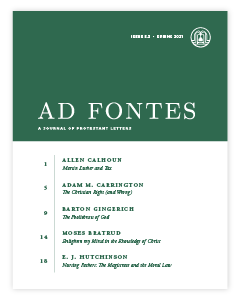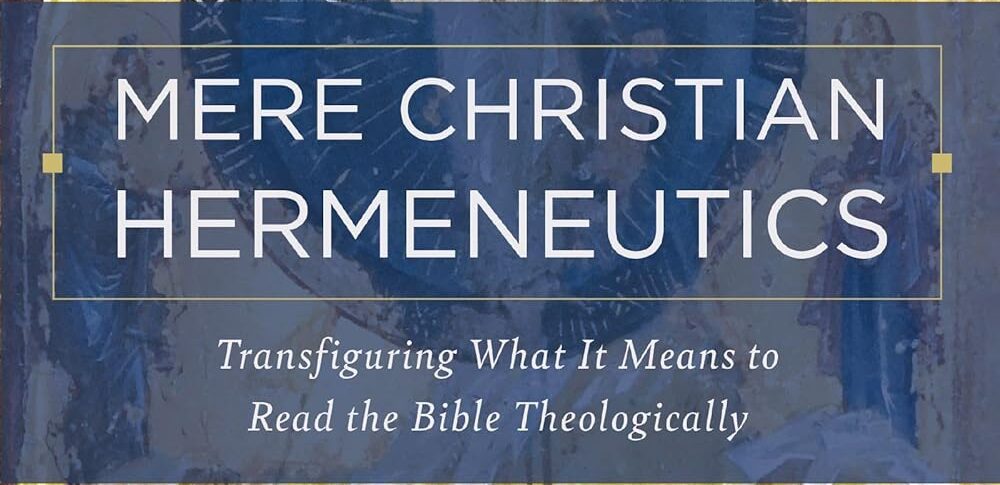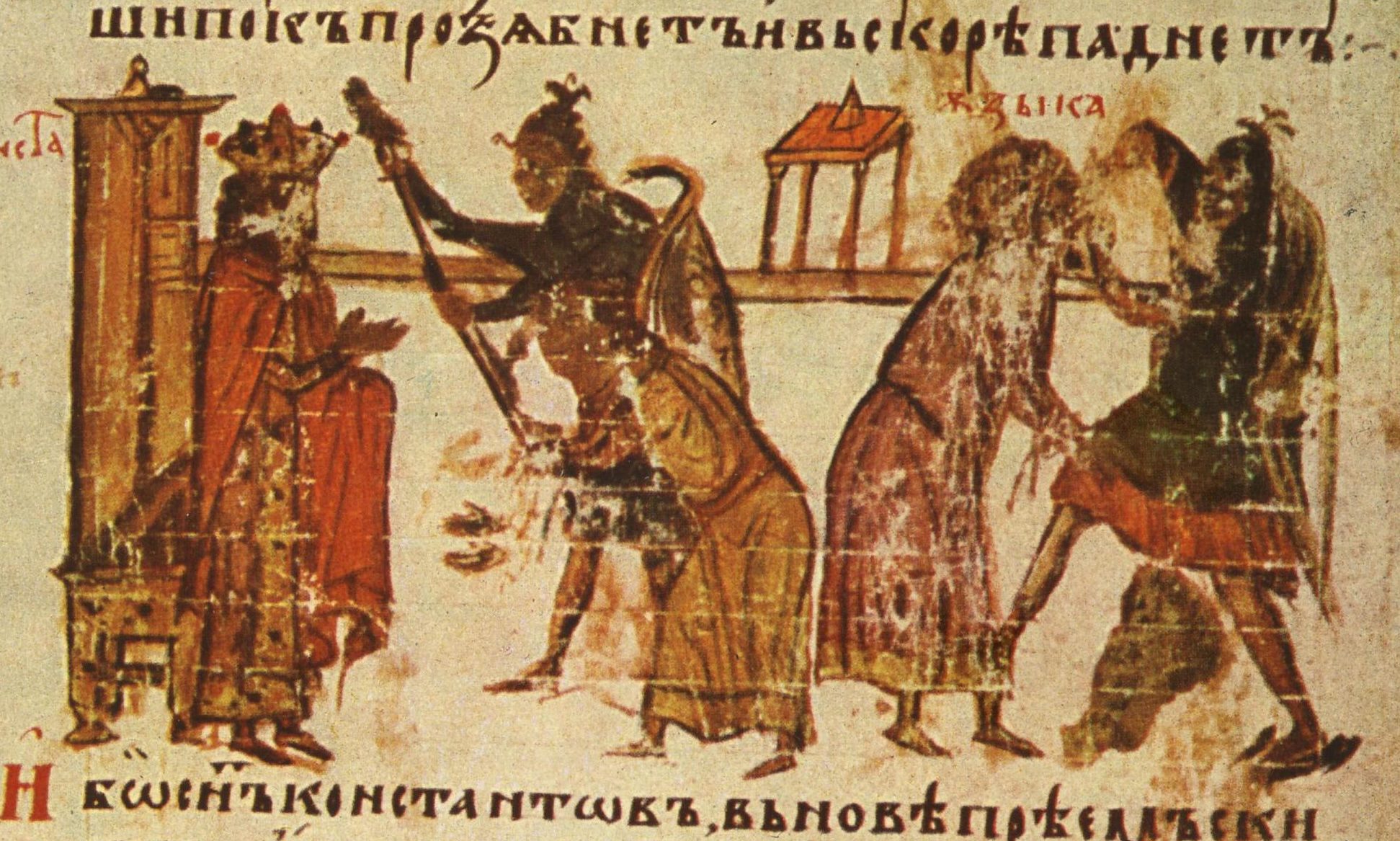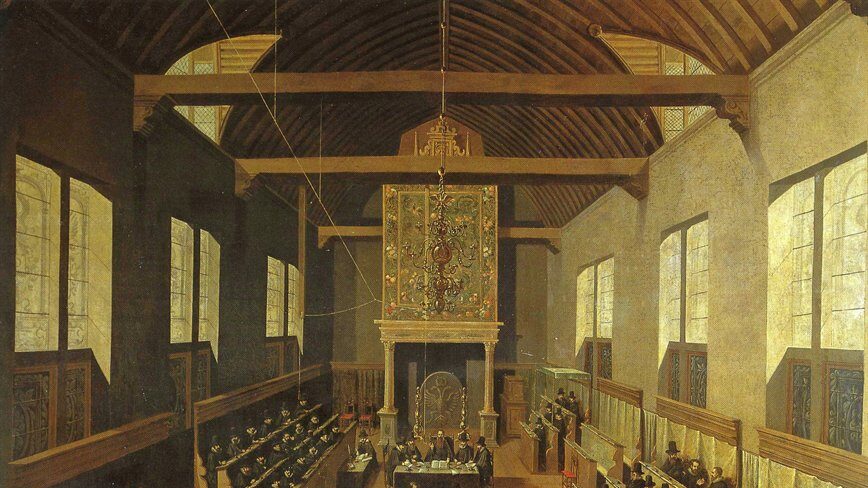A Journal of
Protestant Letters
A publication of the Davenant Institute. Quarterly print editions, daily online content.
WEB EXCLUSIVES

The ACNA Is the Anglican Reconquista
There's a guy named "Young Anglican" who has a Youtube channel that a lot of people watch. I don't...

Father Mike and St. Augustine on the Real Presence
Father Mike Schmitz is a Roman Catholic influencer priest. He has done other things, and so I...

Follow-Up on Women’s Ordination in the ACNA
My recent post on the women's ordination in the ACNA has been passed around a decent amount. I've...

Learn more about our mission

Latest Issue
The Glorious Mystery
An original poem by Cynthia Harris
In Sioux Falls, South Dakota
An original poem by James Matthew Wilson
Mimro on the Synod of the Three Hundred and Eighteen Bishops That Gathered at Nicaea in the Days of the Constantine the Victorious King
J. Darren Duke presents Jacob of Serugh's mimro (metrical homily) on the Council of Nicaea, translated into English for the first time.
Doctrine and Scripture in Early Christianity: A Review
J. Caleb Little review Frances Young's landmark two volume study of how Scripture and Doctrine informed one another in the first centuries of the Church
The Nicene Creed: A Scriptural, Historical, and Theological Commentary: A Review
Donald Fairbairn reviews a new book on the Nicene Creed aimed at uniting Scripture, history, and doctrine
There is Much to Believe: Singing the Nicene Creed
Aaron James reflects on the rich history of setting the Nicene Creed to music, and what is lost for the Church when this practice fades
Besom
An original poem by Dan Rattelle.
A Man Near Magnificence
An original poem by Colin Chan Redemer.
Votaries: The Blue Flower in Novalis, MacDonald, Lewis, and Robinson
Discover a forgotten influence on George Macdonald, C.S. Lewis, and Marilynne Robinson.
“And pain will be the thing that saves us”
An original poem by Tom C. Hunley




